Table of contents
In the vast and dynamic business world, the emergence of artificial intelligence in the maritime industry heralds a sea change. This technology, characterized by its ability to learn, adapt, and provide insights, is revolutionizing how we understand and interact with the maritime environment.
Before diving into maritime AI, let’s start defining it. Artificial Intelligence (AI) refers to the simulation of human intelligence in machines programmed to think and learn like humans. This includes the ability to reason, discover meaning, generalize, or learn from past experiences.
AI is revolutionary because it enables machines to perform tasks that typically require human intelligence, such as visual perception, speech recognition, decision-making, and language translation. This has profound implications across various sectors, leading to more efficient processes, innovative solutions, enhanced productivity, and the ability to solve complex problems that were previously beyond human or traditional computational capabilities. AI’s adaptability and learning capabilities make it a transformative technology in the modern world.
The maritime industry, a cornerstone of global trade, has always faced unique challenges, from navigating complex logistics to ensuring safe and efficient vessel operations. AI emerges as a powerful ally in this landscape, bringing with it unprecedented capabilities for data analysis and decision-making.
The Core of Artificial Intelligence in the Maritime Industry
At the heart of Maritime Artificial Intelligence lies the integration of deep learning and predictive analytics. Deep Learning is a subset of AI that involves algorithms inspired by the structure and function of the brain called artificial neural networks. It’s capable of learning unsupervised from unstructured or unlabeled data. Deep learning excels in recognizing patterns and making predictions based on large volumes of data.
Moreover, predictive analytics uses statistical algorithms and machine learning techniques to identify the likelihood of future outcomes based on historical data. It’s used in various fields to make predictions about unknown future events and make data-driven decisions. This analytical tool helps in understanding patterns and foreseeing future events, trends, or behaviors.
These technologies amalgamate vast amounts of data – from Automatic Identification Systems (AIS) transmissions to weather forecasts – providing real-time, actionable insights. The implications are significant: enhanced safety, improved efficiency, and reduced operational costs.
Transforming Vessel Operations
One of the most notable applications of AI in the maritime industry is optimizing vessel operations. This is achieve by implementing predictive models.
Predictive models are a type of statistical model that uses historical data to make predictions about future events. They analyze patterns in past data to identify trends and relationships, and then use this information to estimate the likelihood of certain outcomes.
These models are central to predictive analytics and are key in decision-making processes where forecasting future scenarios is crucial. AI systems can analyze myriad factors such as weather conditions, vessel performance, and cargo demand to recommend optimal routes, speeds, and schedules. This not only saves fuel but also reduces emissions, contributing to more sustainable maritime practices.
AI in Supply Chain and Logistics
The ripple effect of Maritime AI extends to supply chain and logistics. By predicting delays and providing accurate Estimated Time of Arrival (ETA) for vessels, AI empowers stakeholders to manage their operations more effectively, avoiding costly bottlenecks and enhancing overall efficiency.
AI also plays a pivotal role in ensuring compliance with international regulations and managing risks. By analyzing vast datasets, AI systems can identify potential risks, such as sanctions violations, enabling companies to take proactive measures to mitigate them.
Conclusions
Looking ahead, the potential of AI in the maritime industry is boundless. From improving environmental sustainability to enhancing global trade efficiency, AI stands as a beacon of innovation. Its ability to process and analyze data at scale offers a new paradigm in maritime operations, one that is more responsive, efficient, and secure.
As we stand at the cusp of this technological revolution, it’s clear that AI is not just a tool but a transformative force. In the maritime industry, where the stakes are as vast as the oceans themselves, AI promises to be a key navigator, guiding us toward a future that is smarter, safer, and more sustainable.
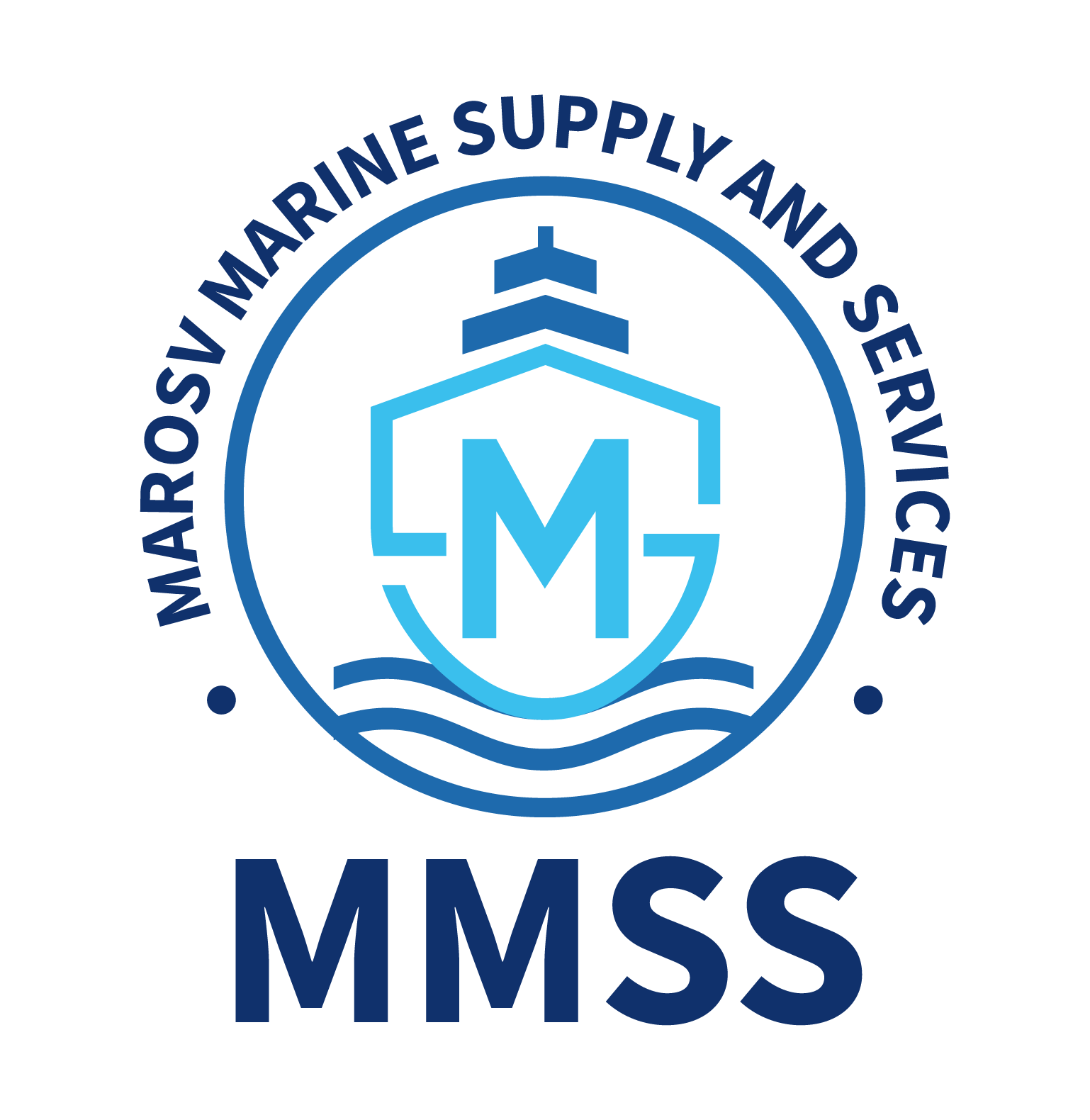
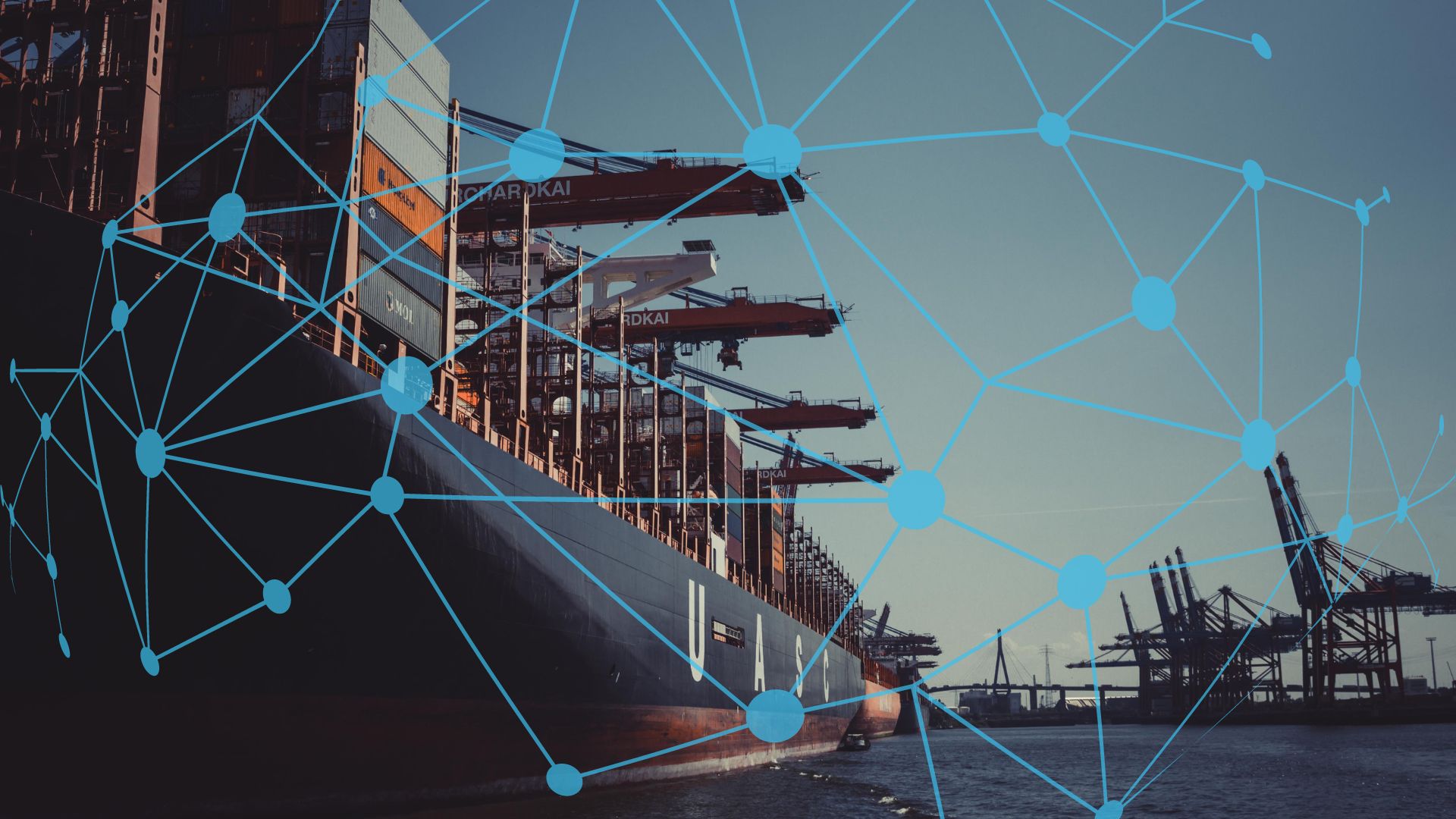
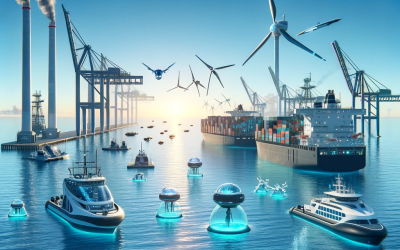
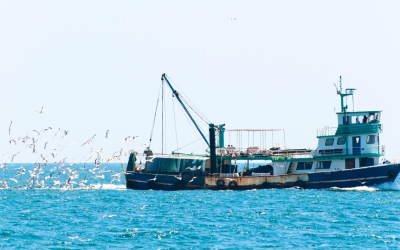
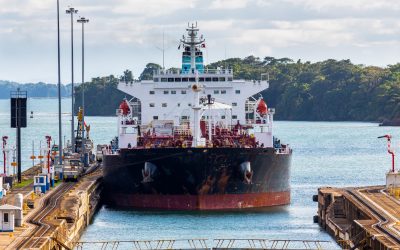
0 Comments